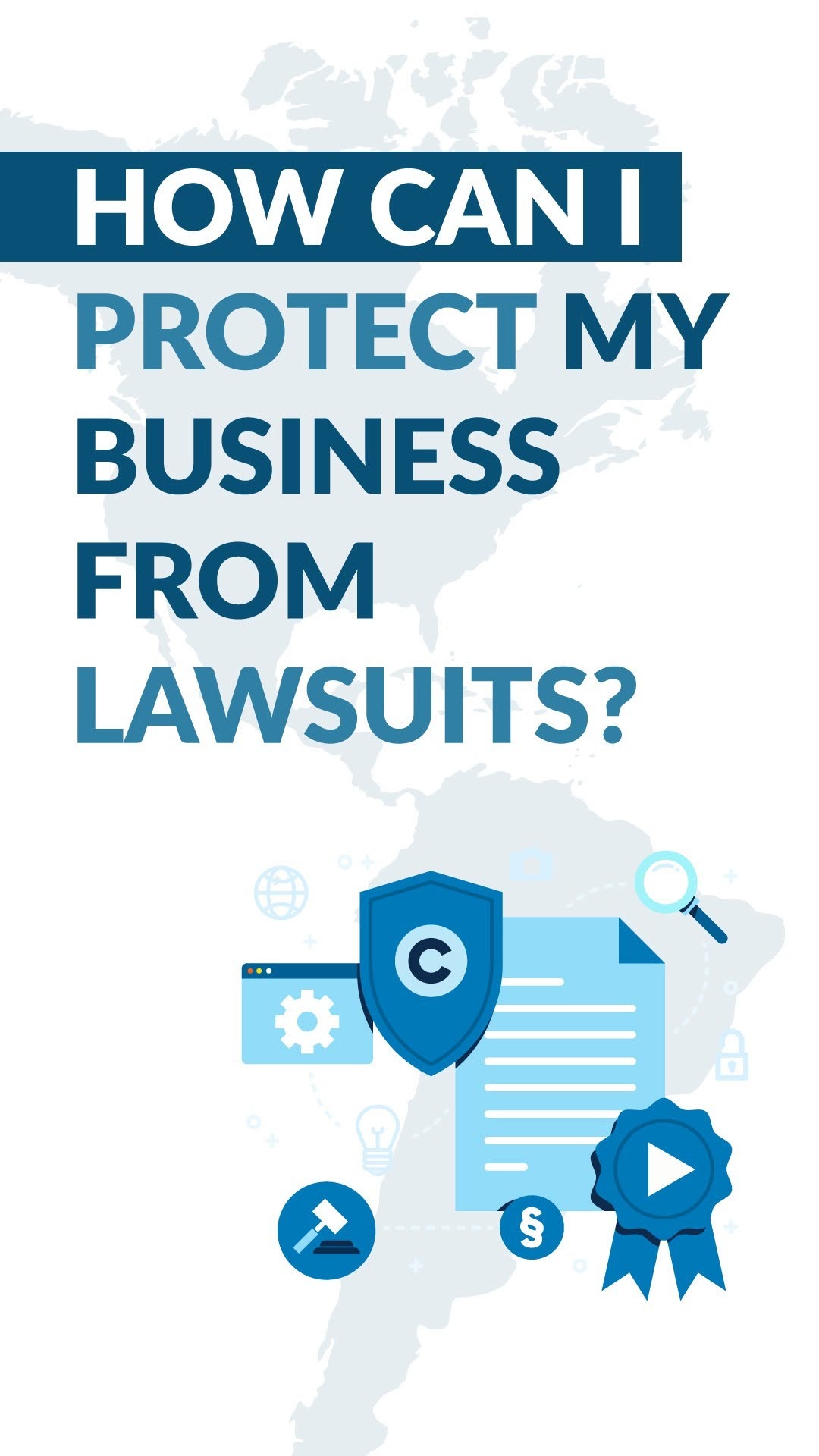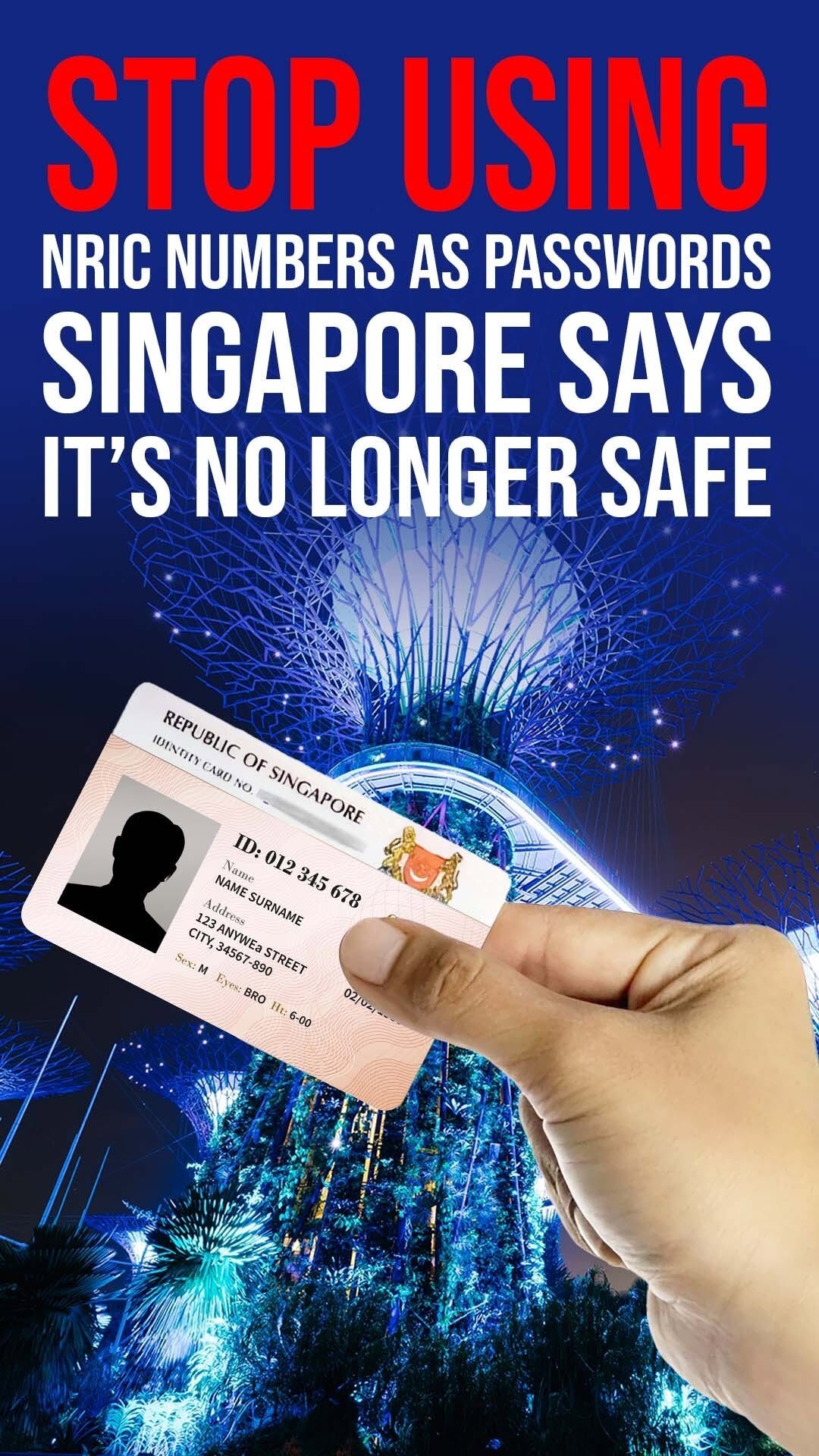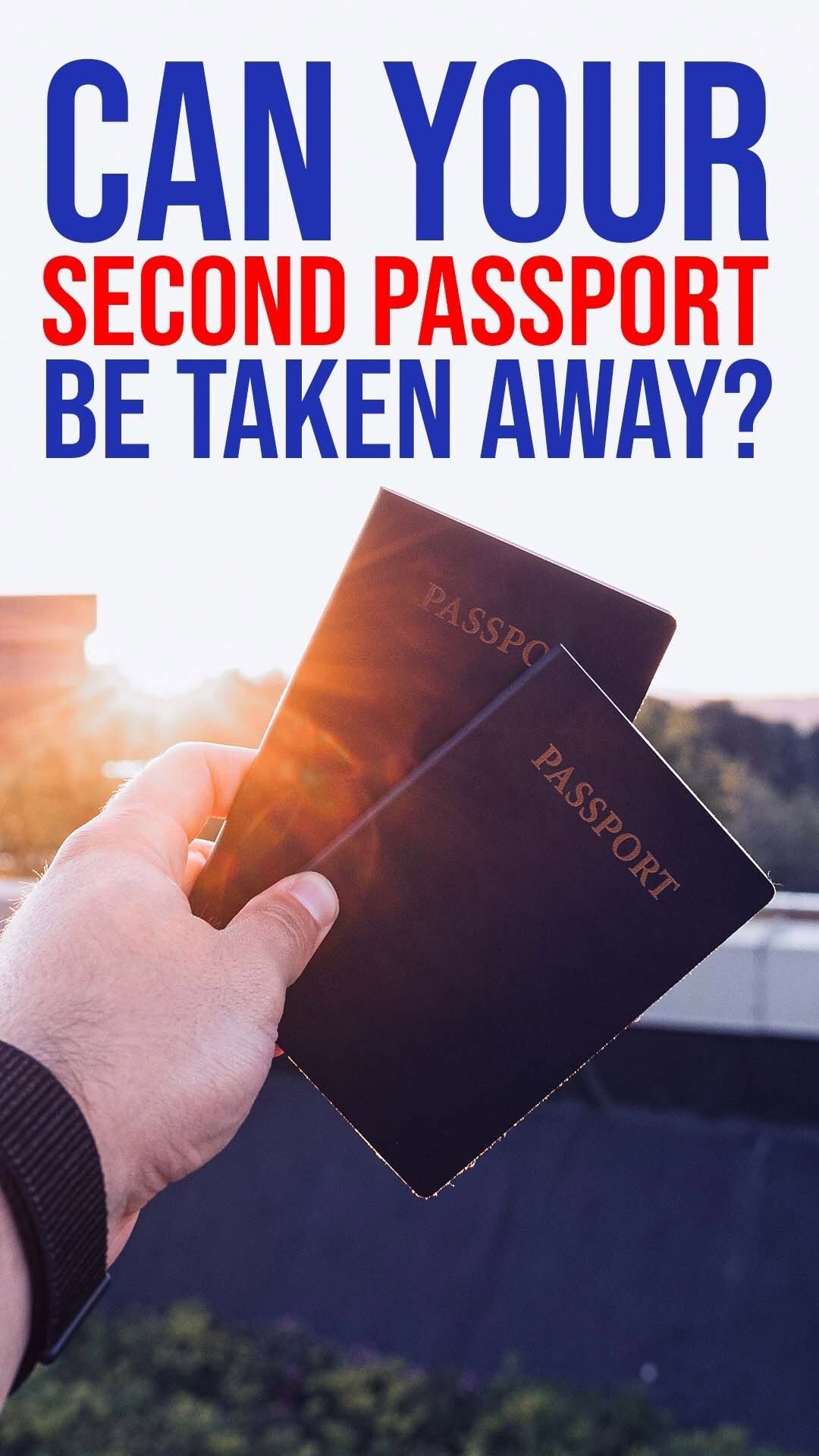

Since 2010, the Global Law Experts annual awards have been celebrating excellence, innovation and performance across the legal communities from around the world.
posted 11 months ago
Q: What recent decision did the High Court make regarding Russian bank creditors?
A: The High Court directed trustees in a UK bankruptcy case to treat certain Russian bank creditors as not subject to UK sanctions, unless new evidence suggests otherwise. This decision is particularly important, as it addresses the complexities of financial regulations and the interpretation of sanctions.
Q: Why did the trustees seek guidance from the court?
A: The trustees were concerned that the Russian bank creditors might be owned or controlled by individuals subject to UK sanctions, which could expose them to legal liabilities. Given the sanctions regime, they needed clarity on how to navigate potential legal risks in their dealings with these creditors.
Q: Who are the Russian bank creditors involved in this case?
A: The creditors are Russian banks that are currently in liquidation, and their management falls under the Russian Deposit Insurance Agency (DIA). The DIA is a state corporation in Russia, which is overseen by Elvira Nabiullina, who is a designated person under UK sanctions.
Q: Who is a designated person?
A: A designated person refers to an individual or entity that is subject to financial sanctions. This can include specific individuals identified by their involvement in activities that threaten national security, promote terrorism or engage in other activities deemed harmful by governments. In the context of this case, both President Vladimir Putin and Governor Elvira Nabiullina are considered designated persons under UK regulations.
Q: What does the “ownership and control” test entail?
A: The “ownership and control” test determines when companies not expressly listed as designated persons might still be treated as subject to sanctions. The court identified four types of control:
Q: What concerns did the trustees have about dealing with these creditors?
A: The trustees were particularly worried that engaging with the Russian bank creditors could be seen as facilitating transactions with parties that are owned or controlled by designated persons. This concern stems from Regulation 7 of the Russia (Sanctions) (EU Exit) Regulations 2019, which broadly outlines how non-individual entities may be considered controlled by designated persons.
Q: How did the court assess the situation?
A: The court conducted a thorough review of the evidence and concluded that there was insufficient reason for the trustees to believe that President Putin or Governor Nabiullina “own or control” the Russian bank creditors through their involvement in the liquidation process. The court emphasised that while both figures have significant influence over the DIA, there was no direct or indirect evidence showing they could control the individual liquidators managing specific liquidations.
Q: What did the court say about the different types of control?
A: The court outlined the nuances of the “ownership and control” test, distinguishing between different types of control. It emphasised that proving control, especially under the second condition of Regulation 7(4), requires a subjective assessment of whether a person could effectively manage another’s affairs if they wished. The court referenced earlier cases, such as Mints and Litasco, to illustrate how control is evaluated under UK sanctions.
Q: What does OFSI’s involvement indicate?
A: The Office of Financial Sanctions Implementation (OFSI) did not express any opinion on the key issues during the proceedings, indicating a level of discretion in future determinations about whether the Russian bank creditors are under the control of designated persons. Interestingly, this demonstrates the cautious approach regulatory bodies often take in interpreting complex sanctions regulations.
Q: What are the next steps for the trustees?
A: The court advised that, pending any changes in circumstances or new evidence, the trustees should treat the Russian bank creditors as not being designated persons. They were instructed to monitor the situation carefully, checking for any significant changes in public records or other accessible information before making distributions to creditors.
Q: What is the broader significance of this decision?
A: This ruling has broader implications for how businesses navigate the complexities of compliance with financial regulations in the context of international sanctions. It also highlights the challenges faced by organisations in ensuring they do not inadvertently engage with sanctioned entities while also stressing the importance of clear evidence when determining ownership and control.
Q: How does this decision impact the understanding of UK sanctions?
A: The decision provides clarity on the application of the “ownership and control” test under UK sanctions, helping to define the boundaries of liability for businesses dealing with potentially sanctioned entities. It underscores the necessity for thorough due diligence and ongoing monitoring to ensure compliance with evolving regulations in the landscape of international finance.
Stay informed with the latest legal developments at Global Law Experts
posted 1 day ago
posted 2 days ago
posted 3 days ago
posted 4 days ago
posted 5 days ago
No results available
Find the right Legal Expert for your business
Global Law Experts is dedicated to providing exceptional legal services to clients around the world. With a vast network of highly skilled and experienced lawyers, we are committed to delivering innovative and tailored solutions to meet the diverse needs of our clients in various jurisdictions.

When your international business faces financial distress, quick action is key! 🔑 Negotiating with creditors, restructuring debt, and understanding insolvency laws can help regain stability. Global Law Experts is here to guide you through your options.
🌍Explore the details on our website.
🔗Link in bio
#GlobalLawExperts #CommercialLaw #BusinessLaw #LegalAdvice #BusinessGrowth #LegalTips #BusinessStrategy #LegalCompliance #Law #LegalKnowledge #LegalAwareness #Law101 #LegalEducation #IntellectualProperty

Running a business is hard enough — lawsuits shouldn’t make it harder. 🚫 Protect your business with the right legal strategies and expert tools from Global Law Experts. Let’s secure your future together! 💼
🌍Explore the details on our website.
➡️www.globallawexperts.com
#GlobalLawExperts #CommercialLaw #BusinessLaw #LegalAdvice #BusinessGrowth #LegalTips #BusinessStrategy #LegalCompliance #Law #LegalKnowledge #LegalAwareness #Law101 #LegalEducation #IntellectualProperty #Infringed #Ecommerce #LegalBranding

Using NRIC numbers as passwords or identity proof? That era is done. Strengthen your security with multi-factor authentication and biometrics—because your clients' trust depends on it.
#SingaporeLaw #DataPrivacy #CyberSecurity #PDPA #NRIC #MFA #StrongAuthentication #LegalCompliance #ClientTrust

Swiss law protects secured lenders—with precision. From real estate to IP and bank accounts, every asset counts—just as long as it’s defined, documented, and delivered.
#SwissLaw #SecurityInterest #Collateral #InternationalLending #SwissFinance #LegalCompliance #GlobalBusiness #AssetSecurity

Gold trading in Saudi Arabia isn’t just a business—it’s a lab test, a permit, and a legal tightrope. Want to succeed? Start with compliance, hallmarking, and permits—or risk losing it all.
#GoldTrading #SaudiLaw #PreciousMetals #BusinessSetup #LegalCompliance #GlobalBusiness #SaudiArabia #TradeRigour

Second citizenship isn’t permanent—especially if you break the rules. Know the risks and how to safeguard your status: be transparent, stay lawful, and honour all citizenship requirements.
#SecondCitizenship #CitizenshipRisks #DualNationality #Compliance #GlobalMobility #LegalAdvice #ImmigrationLaw

Send welcome message